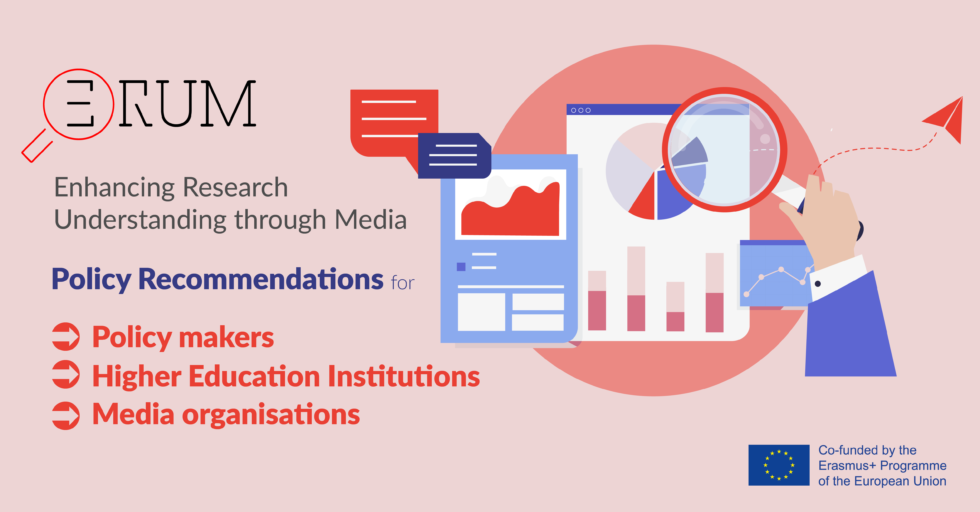
There is no denying that misinformation and disinformation have gained incredible momentum in the past couple of years, particularly after the outbreak of the pandemic. On one side, what the United Nations and the World Health Organization have identified as infodemic has once more confirmed that no topic is immune to such phenomena, not even science-related subjects. On the other hand, this stressed how important it is to make sure that quality information is perceived as a public good, and as such it demands to be safeguarded not only by individuals but also by the (democratic) institutions.
Active engagement and concerted effort
Therefore, counteracting the spread of disinformation and misinformation requires an active engagement and concerted efforts from multiple stakeholders, including the media industry, Higher Education Institutions, and policymakers.
Indeed, the circulation of false content is a real risk that can undermine the democratic process, have an impact on decision-making, or polarise public discourse around issues of migration, climate change, etc. In order to withstand the threads posed by the current information disorder, citizens need to be aware of how online platforms work and of the processes behind information consumption and interpretation.
For this to happen, they would need to have in their personal toolbox those transversal skills that would allow them to make well-informed decisions. This is where universities come in. As one of the main fora of education, universities have a responsibility towards their students to help them to grow into independent and critical citizens, regardless of the field of studies they decide to pursue.
Furthermore, for citizens to exercise their rights, it is essential that quality information and knowledge is available. In general, this type of trusted information is provided by professional journalists, and in the case of science-related information scientists and researchers do play an essential role. Indeed, claiming the relevance of scientific knowledge and effective science communication is tantamount to fight these phenomena.
Finally, many international legal documents give states a positive obligation to protect the right of freedom of expression. Governments indeed should comply with their duty to promote a free, independent and diverse communications environment, including media diversity, which is key to addressing disinformation and propaganda.
The policy recommendations
For the past 3 years, ERUM project partners have been analysing the evolving trends on disinformation and misinformation in the academic and media landscapes.
The lessons learnt, the insights gathered, and the resources produced have been transformed into a set of actionable policy recommendations which target mainly policy makers, higher education institutions and media organisations. By striving to take in the complexity of such phenomena, the recommendations present multiple level of actions that can be undertaken by the above-mentioned stakeholder groups.